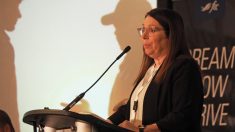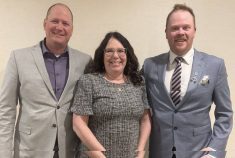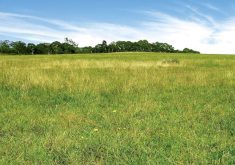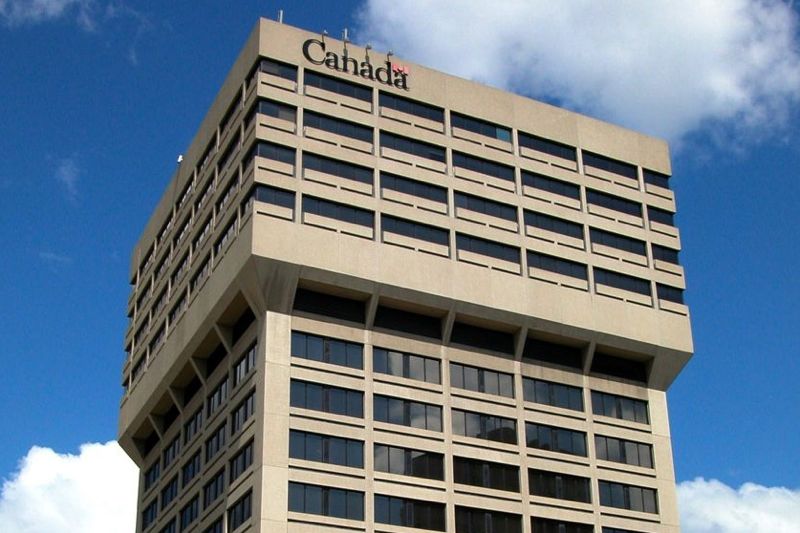Farmers who find governments slow to fund drainage projects may start paying for the service themselves.
Keystone Agricultural Producers last week called for a funding arrangement allowing municipalities needing drainage to levy local improvement fees on farmland to help pay for it.
Such projects would still require cost sharing from Ottawa and the province, according to a resolution passed at a KAP council meeting.
But the need for improved drainage is so great that farmers would be willing to help shoulder the expense, said Kyle Foster of Arborg, who presented the motion.
Read Also

Mazergroup’s Bob Mazer dies
Mazergroup’s Bob Mazer, who helped grow his family’s company into a string of farm equipment dealerships and the main dealer for New Holland machinery in Saskatchewan and Manitoba, died July 6 from cancer.
“If we have to pay for it, we’ll pay for it,” he said.
Foster farms in the Rural Municipality of Bifrost in the Interlake, where producers have lost crops three years in a row because of excessive moisture.
Bifrost set an example last year by levying an extra mill on farmland to raise extra money for drainage. The levy raised $80,000, Foster said.
Ian Wishart, KAP president, said municipalities could designate drainage-deficient areas as local improvement districts (LIDs) and raise money for projects with special levies.
Provincial legislation allows for local improvements through LIDs, although drainage would be a novel use for them. But Wishart said there’s nothing in law to prevent using LIDs for the purpose.
“This would be a return to policies that helped develop small communities in the 1960s and are still on the books,” he said.
LIDs for drainage could be administered through local conservation districts, such as the East Interlake Conservation District which just developed an integrated watershed management plan, said Wishart.
Inadequate drainage is a chronic complaint among many Manitoba farmers, who feel the province and local governments constantly underfund the maintenance of provincial and municipal drains.
But some KAP delegates warned about setting a dangerous precedent by having farmers take the initiative in paying for drainage projects.
“We’d be paying additional fees that are already being provided to us as citizens and landowners in the municipality,” said Chuck Fossay of Starbuck.
Others said the measure could give municipalities an excuse not to do drainage work unless farmers came up with their own money first.


















